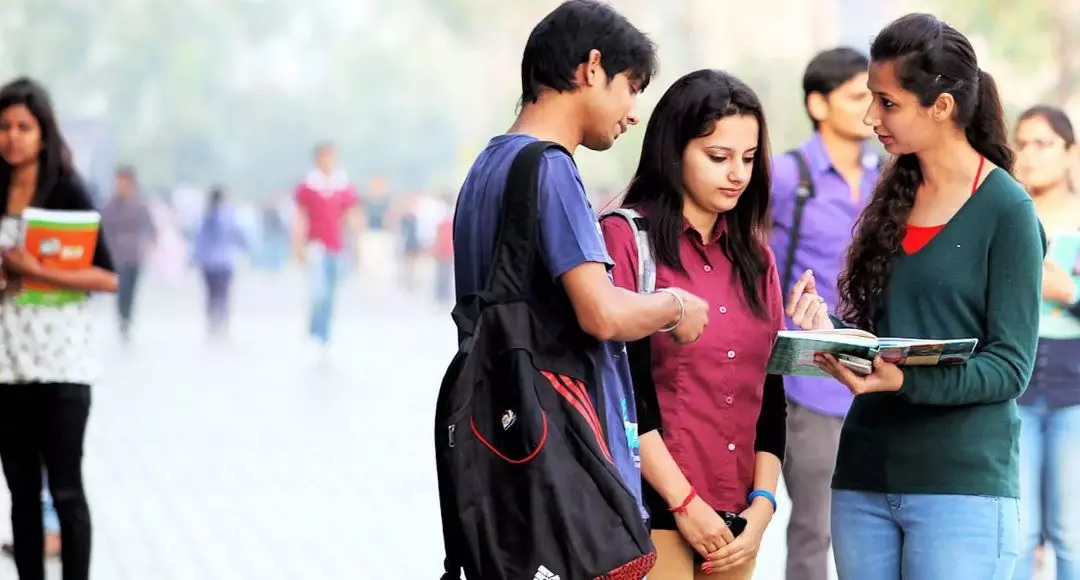A Bold Step: One Nation, One Subscription Gets Green Light
In a significant policy development, the Indian government has approved the first phase of the ambitious 'One Nation, One Subscription' (ONOS) initiative. This groundbreaking scheme is expected to centralize and subsidize access to scholarly resources for all citizens. While the move has been lauded for its potential to democratize knowledge, skeptics question its practical implementation and long-term sustainability.
The ONOS project aims to consolidate government expenditure on academic journals, research papers, and digital libraries, making them freely accessible to researchers, students, and professionals across the country. Advocates of the policy view it as a revolutionary measure to bridge the knowledge divide and foster innovation.
However, critics argue that centralizing access could lead to bureaucratic inefficiencies and raise concerns about inclusivity. Will this scheme ensure representation of regional languages and locally relevant research, or will it prioritize mainstream, global content at the expense of diversity?
Additionally, questions about the financial burden of the program loom large. The government has assured that the scheme is designed to streamline costs, but detractors worry about its impact on public funds, especially in a country where basic infrastructure and education still demand urgent attention.
The ONOS initiative sets a bold precedent in making knowledge universally accessible, but its success will ultimately hinge on careful planning, transparent execution, and equitable inclusion of diverse voices. The coming phases will determine whether this visionary step leads to lasting change or becomes another unfulfilled promise.





